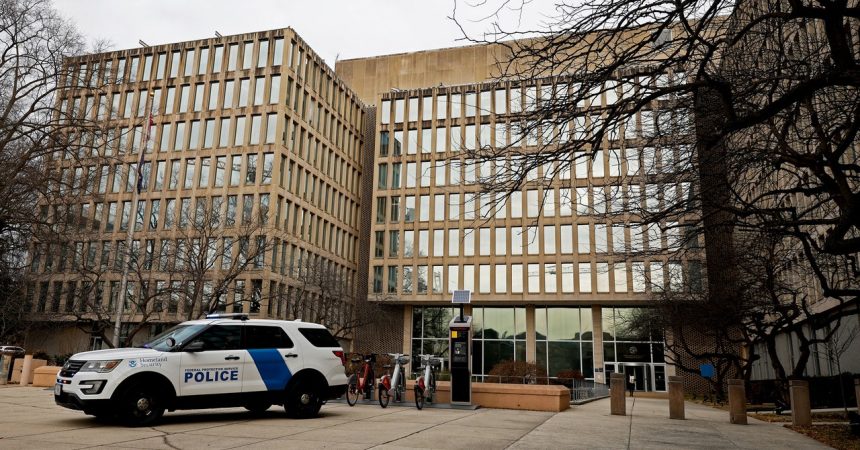This case revolves around a class action lawsuit filed against associates of Elon Musk, alleging the illegal operation of a server within the US Office of Personnel Management (OPM) headquarters. The plaintiffs, two federal employees represented pseudonymously as Jane Doe 1 and 2, contend that this server, allegedly installed without proper authorization and privacy impact assessments, poses a significant security risk, potentially exposing sensitive personal information of government employees to foreign adversaries. The core issue lies in the server’s alleged connection to the OPM network, enabling the collection of data, including names and email addresses, without adherence to mandated legal protocols. The lawsuit underscores the potential violation of the E-Government Act of 2002, which requires agencies to conduct thorough privacy assessments before implementing substantial changes to information technology systems, particularly those handling personally identifiable information. The plaintiffs are seeking a temporary restraining order to halt the server’s operation until the legally mandated privacy assessment is completed.
The urgency of the situation is underscored by the plaintiffs’ motion for a temporary restraining order, a legal instrument typically reserved for extraordinary circumstances. They argue that the continued operation of the server not only violates federal law but also creates a clear and present danger to the privacy and security of federal employees. The alleged lack of encryption for emails transmitted through the server heightens the risk of sensitive information falling into the wrong hands. Furthermore, the plaintiffs contend that the server’s installation bypassed established security protocols, raising concerns about the integrity of the OPM’s systems and the potential for unauthorized access to sensitive data. The timing of the server’s installation coincides with a controversial initiative by the then-Trump administration to significantly reduce the size of the federal workforce.
The plaintiffs’ legal team asserts that the server’s operation is directly linked to this downsizing effort. Specifically, the email account associated with the server, [email protected], is allegedly being used to gather information from federal employees considering buyouts under the administration’s “deferred resignation program.” This program, with an impending deadline, adds another layer of complexity to the case. The plaintiffs argue that halting the server’s operation would not unduly hinder the government’s downsizing plans, as the program could still proceed through pre-existing communication channels. This argument aims to address the “balance of equities” doctrine, which courts consider when deciding whether to grant a temporary restraining order.
The motion for a temporary restraining order hinges on the argument that the government would not suffer undue hardship from its implementation. The plaintiffs contend that the February 6 deadline for the resignation program is arbitrary and that the administration could simply extend it or utilize alternative communication methods already in place. This argument seeks to minimize the potential disruption to the government’s operations while simultaneously addressing the alleged legal violations and security risks posed by the unauthorized server. The plaintiffs emphasize that the potential harm of continued data exposure outweighs any inconvenience the government might face from disconnecting the server. This approach seeks to demonstrate that the “balance of equities” favors granting the restraining order.
The crux of the plaintiffs’ argument rests on the assertion that the installation and operation of the server represent a blatant disregard for established legal procedures and security protocols. They highlight the absence of a mandatory privacy impact assessment, a crucial step designed to protect the privacy of individuals whose data is being collected and processed. The plaintiffs also point to the server’s alleged connection to individuals associated with Elon Musk’s companies, raising questions about potential conflicts of interest and the purpose behind the data collection. These allegations paint a picture of a deliberate attempt to circumvent established rules and regulations, potentially for personal or corporate gain.
The potential implications of this case extend beyond the immediate concerns of data security and privacy violations. The allegations raise broader questions about the influence of private individuals and corporations within government agencies and the potential for misuse of government resources. The case also underscores the importance of adhering to legal procedures and transparency in government operations, particularly those involving the collection and handling of sensitive personal information. The outcome of this lawsuit could have far-reaching consequences, impacting future data privacy regulations and setting precedents for the interaction between private entities and government agencies.



